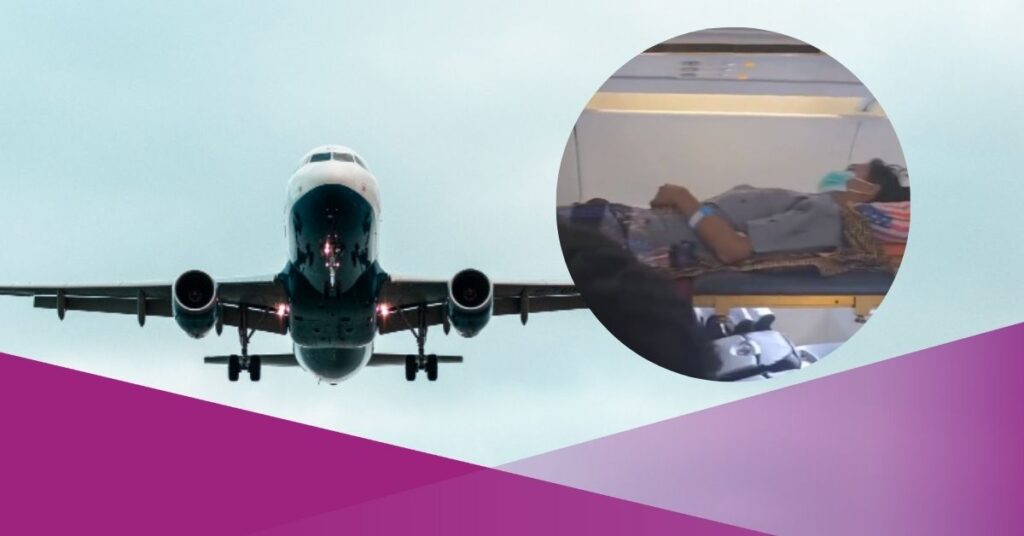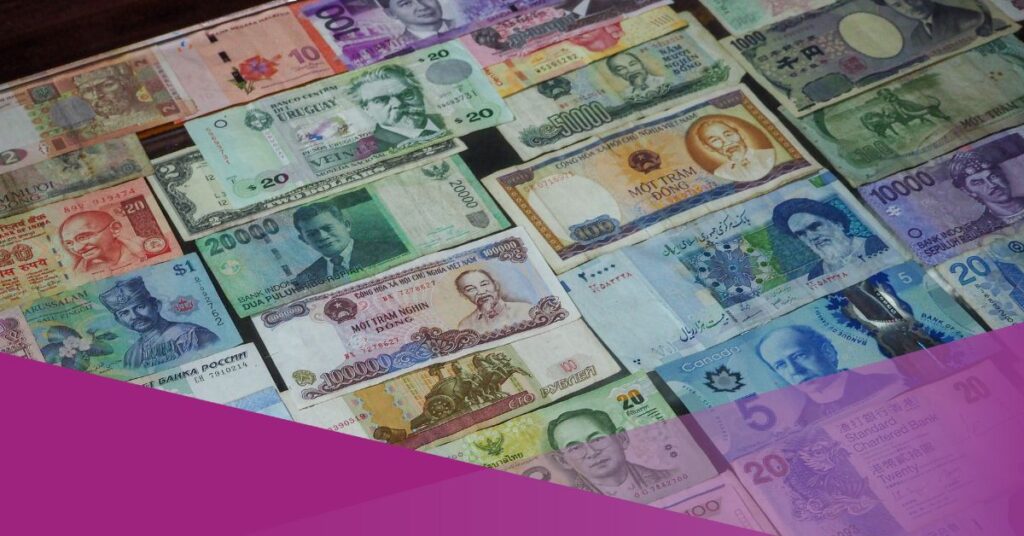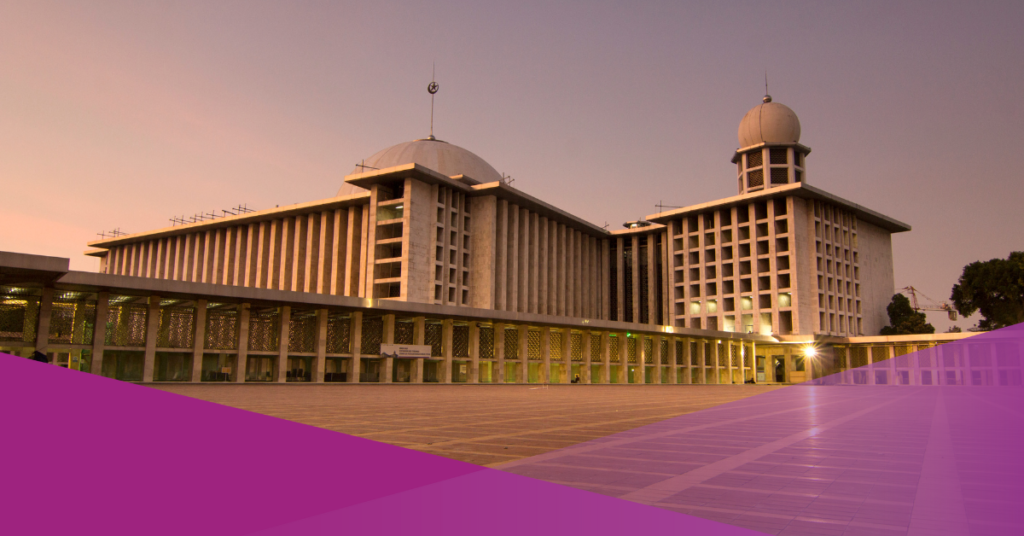In a remarkable turn of events that has captured the attention of social media, a patient from Monokwari, West Papua, named Bagus has gone viral for purchasing an astounding 13 airplane seats in order to ensure a comfortable and safe journey for a major surgery.
This extraordinary action came to light after a video, shared on Instagram by @lisnya_imam_88, showed the patient’s emotional moment as he was moved onto the plane.
Bagus, whose medical condition required a referral to Hasanuddin University Hospital in Makassar, took the necessary step of securing 13 airplane seats, demonstrating his resolve for his comfort throughout the flight.
Lihat postingan ini di Instagram
Sebuah kiriman dibagikan oleh Fakta Info Psikologi 🌐 (@indo_psikologi)
The purchase included 9 seats reserved for Bagus to lie down, 2 for family members to accompany him, 1 for a nurse, and another for an oxygen cylinder. This strategic move ensured that Bagus could travel safely and with the necessary medical support.
The video quickly gained traction on social media, sparking widespread commentary and debate.
Many were moved by the extreme lengths Bagus went to for his well-being. One commenter wrote: “Get well soon, sir. From here, we learn the expensive meaning of a healthy body.”
Another netizen, jokingly pointed out, “TNI helicopters should be used for this… instead of transporting government officials.”
While the act was certainly out of the ordinary, the situation also shed light on the glaring issue of limited medical facilities in some parts of Indonesia, particularly in remote regions such as Papua.
The lack of accessible healthcare in the area forced Bagus to travel far from home in order to seek the life-saving surgery he required. It is estimated that the cost of each airplane seat ranged from IDR 1.6 million to IDR 4.6 million, making this an expensive but necessary choice for Bagus.
This incident underscores the reality that many Indonesians face when accessing essential medical treatment. For patients in more isolated areas, travelling long distances with limited medical infrastructure can be both a physical and financial burden.
This story highlights the urgent need for improved healthcare facilities in remote regions, ensuring that patients don’t have to endure such drastic measures to receive the medical attention they require.
Although Bagus’s purchase of 13 seats might seem extreme, it is a clear indication of the lengths to which individuals are willing to go to receive life-saving care. His situation emphasises the importance of having adequate healthcare services within reach for everyone, regardless of where they live in Indonesia.































